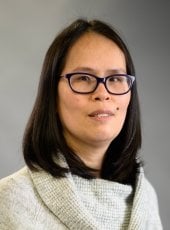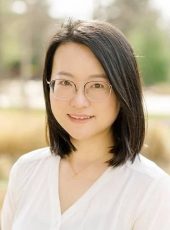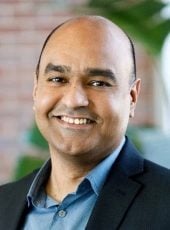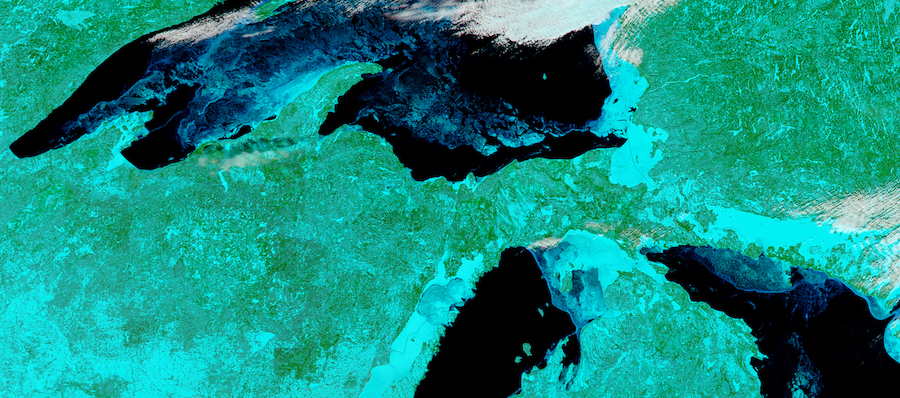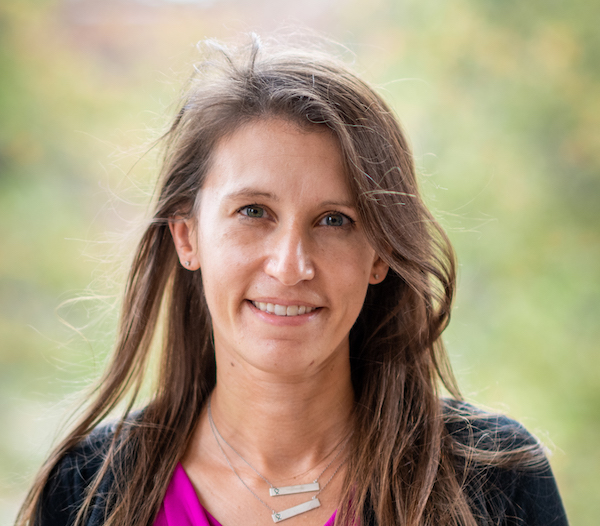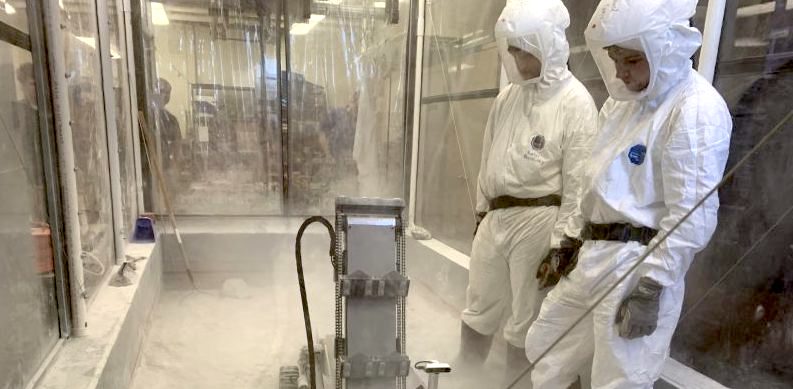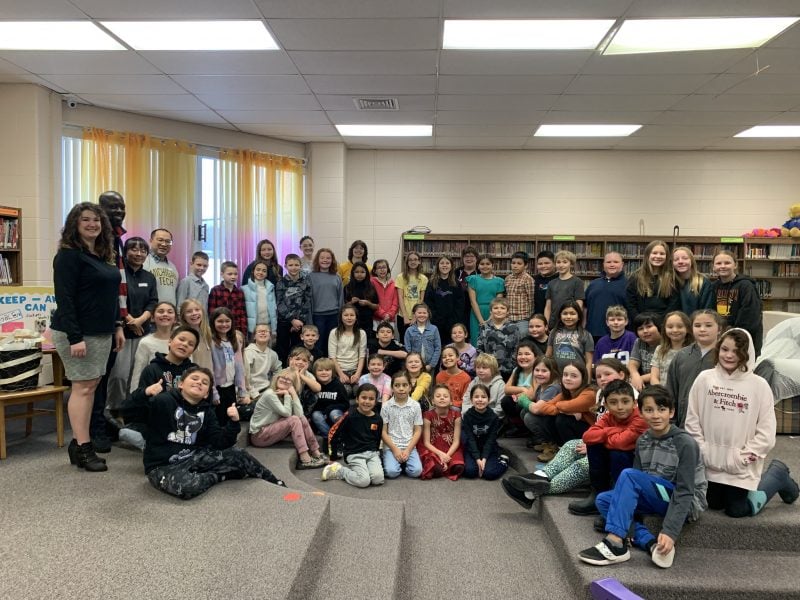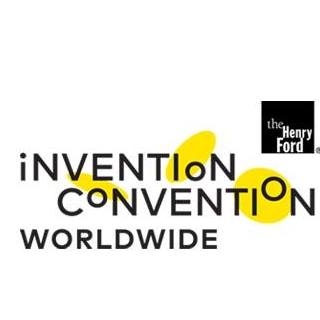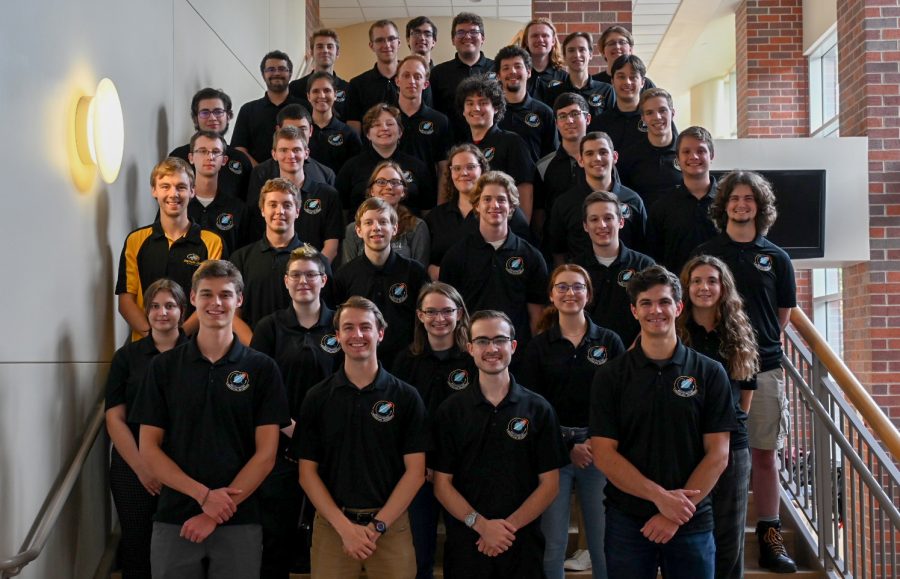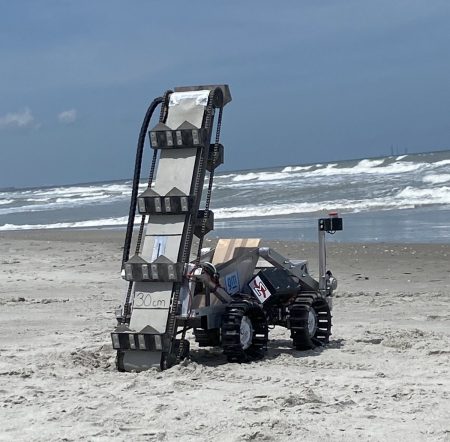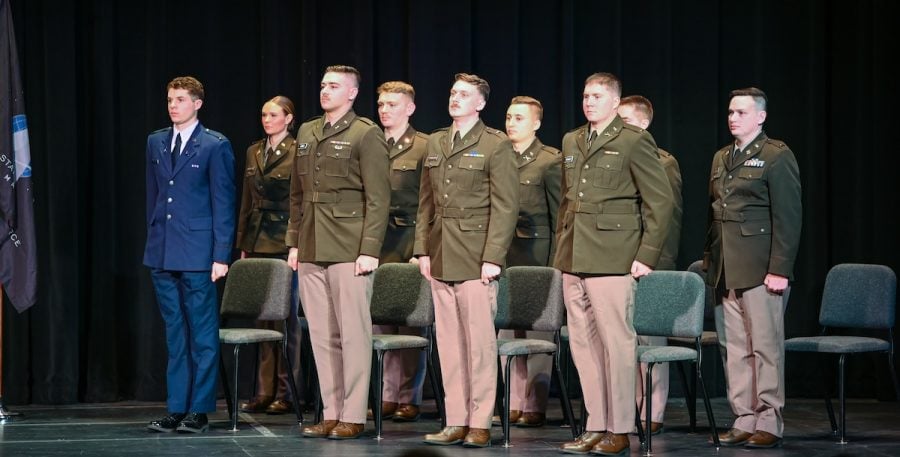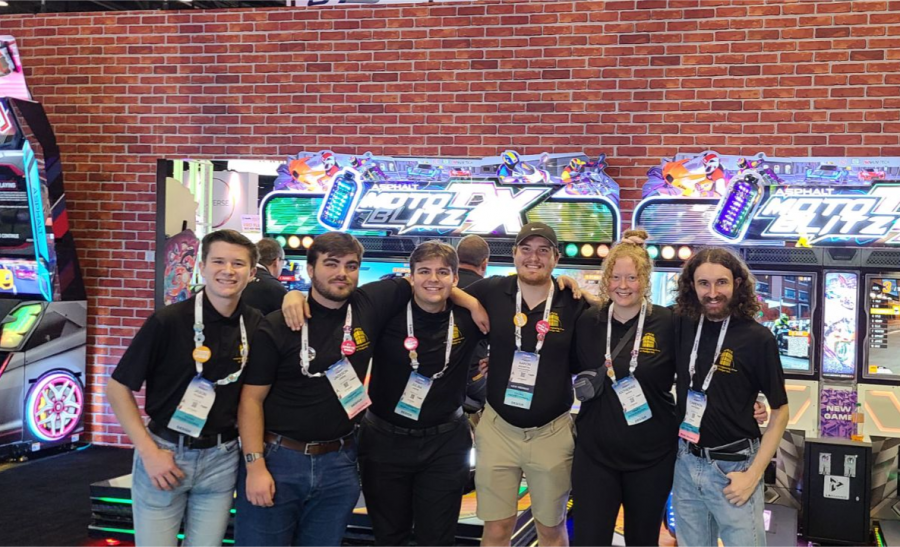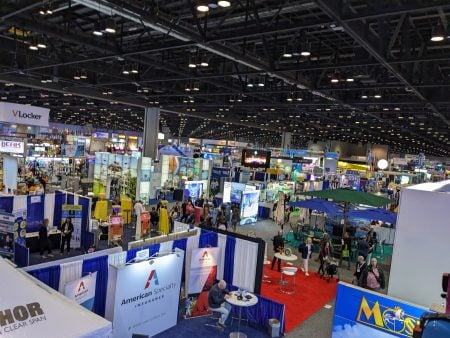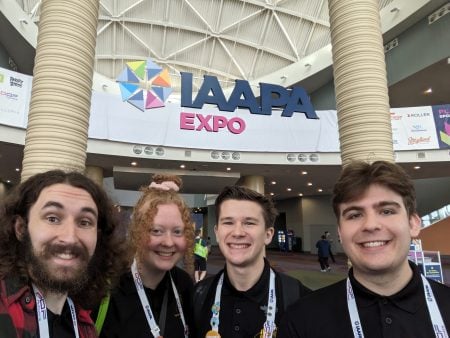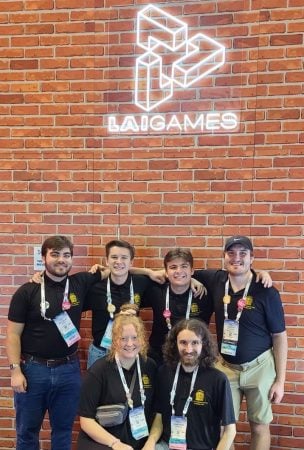The Vice President for Research Office (VPR) announces the Spring 2024 Research Excellence Fund (REF) award recipients. Congratulations to each of the awardees.
The REF team also wishes to thank the individual REF reviewers and review panelists, as well as the deans and department chairs, for their time spent on this important internal research award process.
The principal investigators of the awarded projects include:
Research Seed Grants:
- Dylan Gaines (CS)
- Jiehong Guo (CEGE)
- Yixin Liu (ChE)
- Erich Petushek (CLS)
- Bhisham Sharma (ME-EM)
- Richard Canevez (HU)
